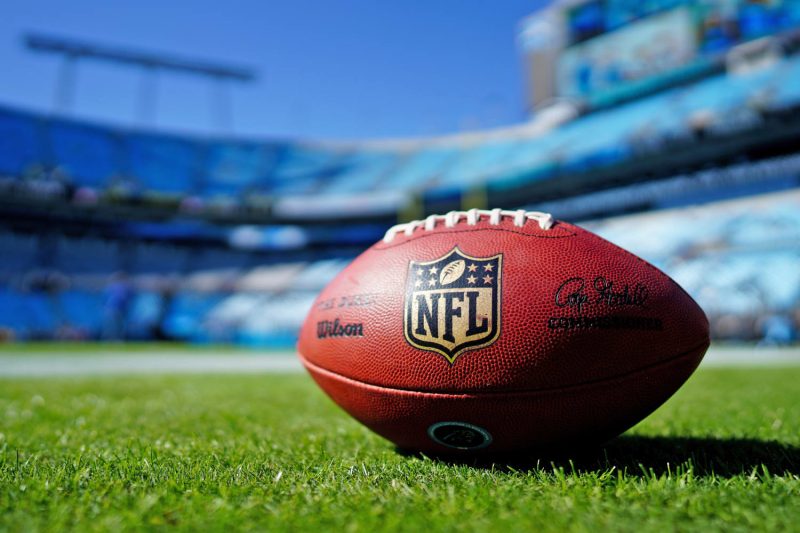
Touchdown! NFL Owners Score Big with Private Equity Investment Approval
In a landmark decision, NFL owners have recently voted in favor of allowing private equity investment in the league, a move that could potentially transform the landscape of professional sports finance. This decision marks a significant departure from the traditional ownership structure of the league, which has historically been dominated by individual team owners and corporate entities. The move has sparked a debate among fans, players, and industry experts about the potential benefits and risks of private equity investment in the NFL.
Private equity firms are known for their ability to provide capital to businesses in exchange for ownership stakes, with the goal of increasing the value of their investments over time. This model has proven highly successful in a variety of industries, from technology to healthcare, and private equity firms are increasingly looking to expand their presence in the sports industry.
Proponents of private equity investment in the NFL argue that it could bring much-needed capital to the league, allowing teams to invest in new facilities, player development, and fan experience initiatives. Additionally, private equity firms often have extensive networks and resources that could help NFL teams expand their reach and grow their revenue streams.
On the other hand, critics of the move have raised concerns about the potential risks of private equity ownership in the NFL. Some worry that private equity firms, whose primary goal is to maximize returns for their investors, may prioritize short-term profit over the long-term health and stability of the league. There are also concerns about the potential for conflicts of interest and the impact of private equity ownership on the competitive balance of the league.
The decision to allow private equity investment in the NFL comes at a time of significant change and uncertainty in the sports industry. With the rise of streaming services, changing consumer preferences, and evolving player activism, professional sports leagues are facing a range of challenges that will require innovative solutions and strategic partnerships to navigate.
Ultimately, the impact of private equity investment in the NFL remains to be seen. While there are potential benefits to bringing in new capital and expertise, there are also risks associated with changing the ownership structure of the league. As NFL owners move forward with this decision, it will be important for them to carefully consider the potential implications and ensure that any new partnerships are aligned with the long-term interests of the league, its teams, and its fans.
